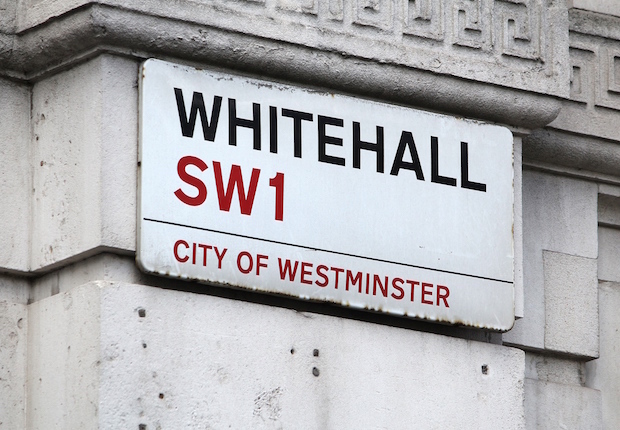
The Work and Pension Committee has launched an inquiry into the possibility of introducing collective defined contribution (DC) pension schemes to the UK pensions market.
The inquiry, which is accepting written feedback from interested parties up to 8 January 2018, will investigate whether collective DC arrangements can benefit UK savers and whether this type of scheme will work cohesively alongside the existing pension freedoms. The inquiry will also explore whether underfunded defined benefit (DB) pension schemes could be replaced by collective DC schemes and address how potential collective DC arrangements could be legislated for and regulated.
Collective DC pension schemes, which are common in countries such as the Netherlands, Denmark and Canada and are also known as defined ambition schemes, are not currently offered in the UK.
Collective DC schemes have a target or ambition amount that they will pay out based on a long-term, mixed-risk investment plan. The aim of a collective DC scheme is to provide an adequate level of index-linked pension for life, but it does not have a contractual guarantee. Collective DC pension schemes can redefine the benefits they offer subject to circumstances, for example, adverse economic conditions.
Collective DC pensions also do not produce an individual pension pot, but invest members’ savings into a larger collective pot that then provides a retirement income. This can, therefore, influence decision making around pension freedoms, and alters the pension’s risk profile.
Frank Field MP, chair of the Work and Pension Committee, said: “What the select committee is aiming for is to retain some of the best features of [organisational] schemes in a different age when employers are no longer willing or able to sustain the burden of final salary promises to employees, who could club together and pool the risk themselves.”
Lee Hollingworth, head of defined contribution (DC) consultancy at Hymans Robertson, added: “In principle, the idea of collective DC could deliver better outcomes for scheme members by, for example, enabling exposure to growth asset returns for longer. However, there are a number of significant barriers that will be difficult to overcome and caused the idea to fall on stony ground the last time it was proposed four years ago.
“The central principle of risk sharing between generations doesn’t sit well with an employee’s right to opt-out under auto-enrolment. In addition, it also requires huge scale from day one and a continual flow of new monies into the system.
“Finally, and perhaps critically, it is completely incompatible with freedom and choice and the right of individuals to determine how they spend their money in retirement. These challenges led to a general lack of enthusiasm from employers last time and it’s hard to see why it will be any different this time around.”
Tom McPhail, head of policy at Hargreaves Lansdown, said: “Be wary of the hype; these schemes are essentially the same as the with-profits funds which have let down so many investors over the past 20 years. There are a number of ways the UK’s pension system could be improved, such as increasing the amount people invest, making the tax rules simpler and fairer, and encouraging higher levels of engagement and personal ownership; it is not apparent that [collective] DC schemes would resolve any of these issues. It is also fair to say that whatever their merits, these schemes do not sit easily in the current structure of the UK’s pension system.
“As part of this inquiry, we’d also like the committee to consider the option of giving workplace pension members the right to select their own pension provider, rather than being forced to accept whatever scheme their employer foists on them.”